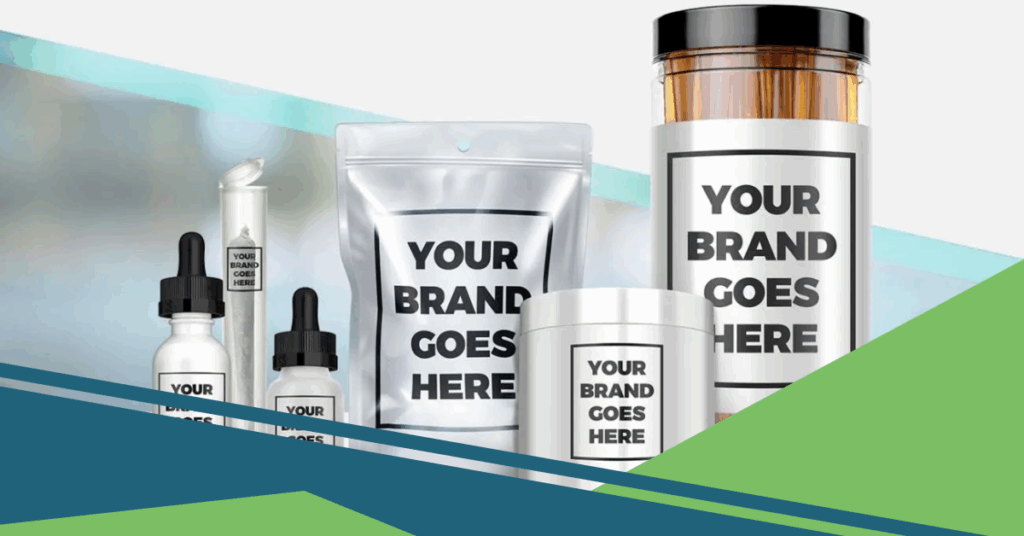Capsules are a big part of the supplement and pharmaceutical world, and for good reason. They’re easy to swallow, deliver accurate doses, and can hold liquids, powders, or pellets. However, what really goes into making them? The capsule manufacturing process may seem simple on the surface, but there’s a lot happening behind the scenes.
Whether you’re a startup searching for reliable capsule manufacturers or a supplement brand looking to fine-tune your current production, this guide breaks down everything you need to know.
What Is Capsule Manufacturing?
Capsule manufacturing is the process of creating those familiar pill-like containers that hold powdered, liquid, or semi-solid contents. A capsule manufacturer typically offers either hard gelatin capsules, soft gelatin capsules, or HPMC capsules, depending on the product needs.
Reputed capsule manufacturers start with premium raw ingredients. This includes:
- Gelatin or HPMC for the capsule shell
- Colorants for branding and differentiation
- Purified water for safe processing
Cleanliness isn’t just about wiping down surfaces. Capsule production areas follow strict protocols, with many manufacturers operating in environments that meet ISO 14644-1 class 8 standards. Workers suit up, follow hygiene steps, and handle ingredients with care to keep contamination at bay.
Step-by-Step Capsule Manufacturing Process
Let’s walk through the typical capsule production workflow, from melting materials to shipping finished capsules.
Melting & Color Mixing
First, raw gelatin or HPMC goes into a melting tank with purified water. Once melted, the mixture is stirred until smooth, like jelly. If the capsules need to be colored, this is when colorants are added. The result? A ready-to-mold mixture that sets the base for capsule shells.
Molding & Drying
Molding pins are dipped into the jelly mixture. The coating solidifies into capsule halves—one for the body, the other for the cap. These pieces are then dried in controlled humidity and temperature environments to maintain quality and consistency.
Cutting, Joining & Inspection
Once dried, capsule shells are trimmed, pre-locked, and visually inspected. An automated system uses cameras to catch issues like:
- Cracks
- Short bodies
- Color inconsistencies
- Double caps
- Scratches or holes
This step is essential for measuring the quality of your capsules, especially if you’re selling to a broad customer base.
Printing & Branding
Capsule printing helps with product ID and branding. Ink printing machines or laser systems add logos, batch codes, or names. This step is important, especially for supplement brands looking to stand out in a crowded market.
Final Inspection & Packaging
Once everything checks out, capsules go through final inspections, are counted, and packaged into bottles, blister packs, or bulk containers. These are then stored in warehouses with controlled temperature and humidity.
Filling the Capsules
Hard capsules are typically filled with powders or beads, while soft gels are made for oils or liquid blends.
Hard Gelatin Capsule Filling
Manual filling methods are great for small batches or research labs, but if you’re scaling up, you’ll need semi-automatic or fully automatic machines. These systems can pump out tens of thousands of capsules per hour.
Liquid Capsule Manufacturing
Soft gelatin capsules dominate the market for liquid-based supplements. They’re perfect for fish oils, CBD, and herbal extracts. Liquid capsule manufacturing requires precise temperature control and specialized equipment. That’s why it’s important to partner with an experienced capsule manufacturer who knows how to manage stability and shelf life.
Soft Gelatin Capsules vs. Hard Gelatin Capsules
Let’s settle the debate of Soft Gelatin Capsules VS Hard Gelatin Capsules. Both have their uses:
- Soft Gelatin Capsules are flexible and usually filled with oils or liquid suspensions. They’re ideal for fast absorption but need tighter storage controls.
- Hard Gelatin Capsules are better for dry powders or granules. They’re easier to produce in large volumes and have a longer shelf life.
If you’re deciding between them, it depends on your product type and the delivery method you want.
Gelatin Capsules vs. HPMC Capsules: What Are the Differences?
HPMC (Hydroxypropyl Methylcellulose) capsules are a plant-based alternative to gelatin, making them popular among vegan or vegetarian consumers. They’re also more stable in hot or humid climates. However, when comparing Gelatin capsules vs. HPMC capsules, gelatin capsules are still more widely used due to cost-effectiveness and quicker manufacturing processes.
Choosing the Perfect Capsule Sizes for Your Supplement Brand
Capsule sizes range from 000 (largest) to 5 (smallest). Here’s a cheat sheet to select the Perfect Capsule Sizes for Your Supplement Brand:
- 000: High-volume powders like protein blends
- 00-1: Most common sizes for general supplements
- 3-5: For small-dose or pediatric formulas
Picking the right capsule size directly affects how easily consumers can swallow them, too.
What You Should Know About Storing & Handling Capsules
Capsules are sensitive. Too much moisture? They can soften or break. Too dry? They might crack. That’s why capsule manufacturers use different approaches for storing & Handling finished products in humidity-controlled warehouses and recommend similar conditions for distributors and retailers.
Keep capsules at 15–25°C (59–77°F) with relative humidity around 35–45% to maintain integrity.
Common Manufacturing Defects
Even the best capsule manufacturers face occasional hiccups. Here are a few common defects:
- Color variation
- Short or long capsule bodies
- Double caps
- Printing errors
- Cracks or splits
Automated inspection machines now catch most of these issues early, helping improve batch quality and reduce waste.
Top Trends in Liquid Supplement Manufacturing for 2025 and Beyond
As we look ahead, liquid supplements are gaining serious traction, especially in the wellness and beauty sectors. Top Trends in Liquid Supplement Manufacturing to watch include:
- Sustainable, plant-based capsules
- Smart packaging that protects shelf life
- Higher bioavailability formulas
- AI-assisted quality testing tools
Consumers are looking for fast-acting, clean-label options, and capsule manufacturers are stepping up with smarter tech and more flexible production lines.
If you are wondering: How Liquid Supplement Manufacturing Impacts Product Shelf Life & Stability. Liquid supplements need more than just a pretty bottle—they need the right capsule shell, moisture barriers, and precise fill weights. Even a small variation can shorten shelf life or cause separation.
Working with a capsule manufacturing company that’s experienced in liquid formulations is the best way to keep your product stable and consumer-ready.
How to Choose a Reliable Supplement Manufacturer
Fast lead times and consistent turnaround are non-negotiable. Here are a few pointers on choosing a Reliable Supplement Manufacturer. Ask potential manufacturers about.
- Average production time for your batch size
- Their track record with quality control
- Whether they offer in-house printing and filling
- Storage and shipping support
A reliable supplement manufacturer won’t just promise fast delivery. They’ll back it up with references, transparency, and flexibility. In 2025, eco-friendly and Sustainable Manufacturing Practices in Liquid Supplements matter more than ever. Forward-thinking capsule manufacturers are cutting down waste, recycling water used in the melting process, and offering HPMC or pullulan-based capsules as eco-friendly options.
Even your packaging choices, like compostable materials or glass bottles, can reflect your brand’s values without sacrificing quality.
Final Thoughts
The capsule manufacturing process may look technical, but once you break it down, it’s all about the right materials, machines, and methods. Whether you’re going with hard gelatin, soft gels, or plant-based capsules, understanding how it all works will help you make smarter decisions for your brand.
Thinking of scaling your supplement line or exploring liquid capsules? Then it’s time to connect with NutraBest–your own reliable capsule manufacturing company that understands your goals and delivers the quality your customers expect. Build a successful supplement manufacturing brand with us!



